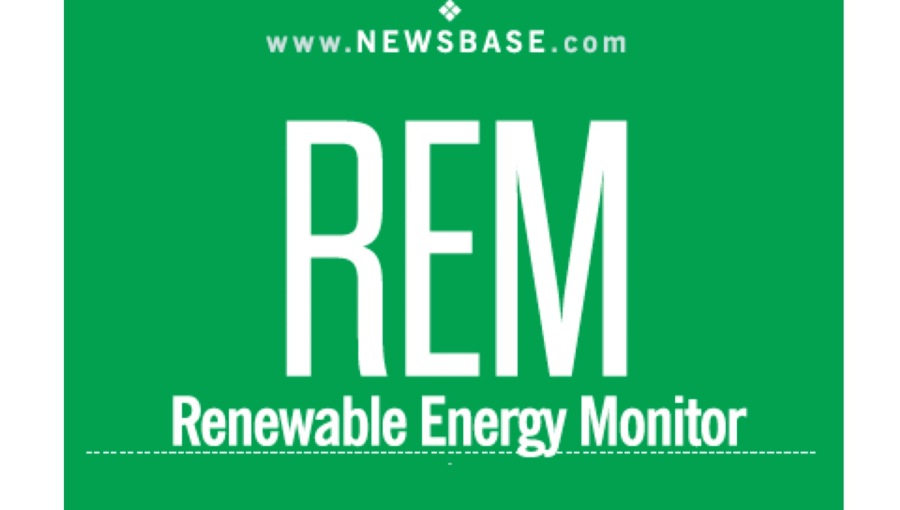REM: Two US companies seek extended tariffs on solar imports

Two small US solar manufacturers have petitioned the government to extend tariffs on solar imports that were imposed by the Trump administration. The tariffs mostly affect Chinese companies.
Auxin Solar and Suniva have told the US International Trade Commission (ITC) that the four-year tariffs should be extended so that the US can be independent in terms of solar power. President Joe Biden has a goal of a net-zero power sector by 2035.
"The need for extending the safeguard and allowing these new green energy policies and initiatives to take hold is necessary to secure America’s solar energy independence," said the Section 201 petition, filed with the ITC on August 2. They will also “rid the solar supply chain of injurious and unfair trade practices” that US-based solar employs, it says.
“It’s a national security concern,” Mamun Rashid, CEO of Auxin, told the Wall Street Journal (WSJ).
The petitioners say that installation companies have stockpiled cheaper foreign-made cells and panels, from before the tariffs took effect, and that raw materials are increasing in price. The coronavirus (COVID-19) has also complicated the supply chain.
Auxin produces solar panels in Silicon Valley in California, while Suniva made both cells and modules in Georgia and Michigan. Suniva filed for bankruptcy in 2017.
Most panels installed in the US are made in Asia, with China the predominant manufacturer. Some Chinese manufacturing has been moved to elsewhere in Asia to avoid US tariffs, noted the WSJ.
Trump announced the 30% tariff three and a half years ago, in January 2018. The tariff is now 18% and will expire early in 2022.
The largest US solar trade group, the Solar Energy Industries Association (SEIA), has said that tariffs would drive up the cost of solar within the US.
John Smirnow, vice-president of market strategy and general counsel at SEIA, said: “There are no two ways about it. It is time to end the job-killing Section 201 solar tariffs. They are a multi-billion-dollar drag on industry growth. And leading domestic panel manufacturers are thriving, both here in America and globally. If we hope to reach our ambitious climate goals, we must accelerate solar deployment, not hinder it with unnecessarily punitive trade measures.”
The way to create more US manufacturing is long-term federal investments, not short-sighted tariffs, he continued. SEIA has a target of 50 GW of solar manufacturing capacity by 2030.


Follow us online